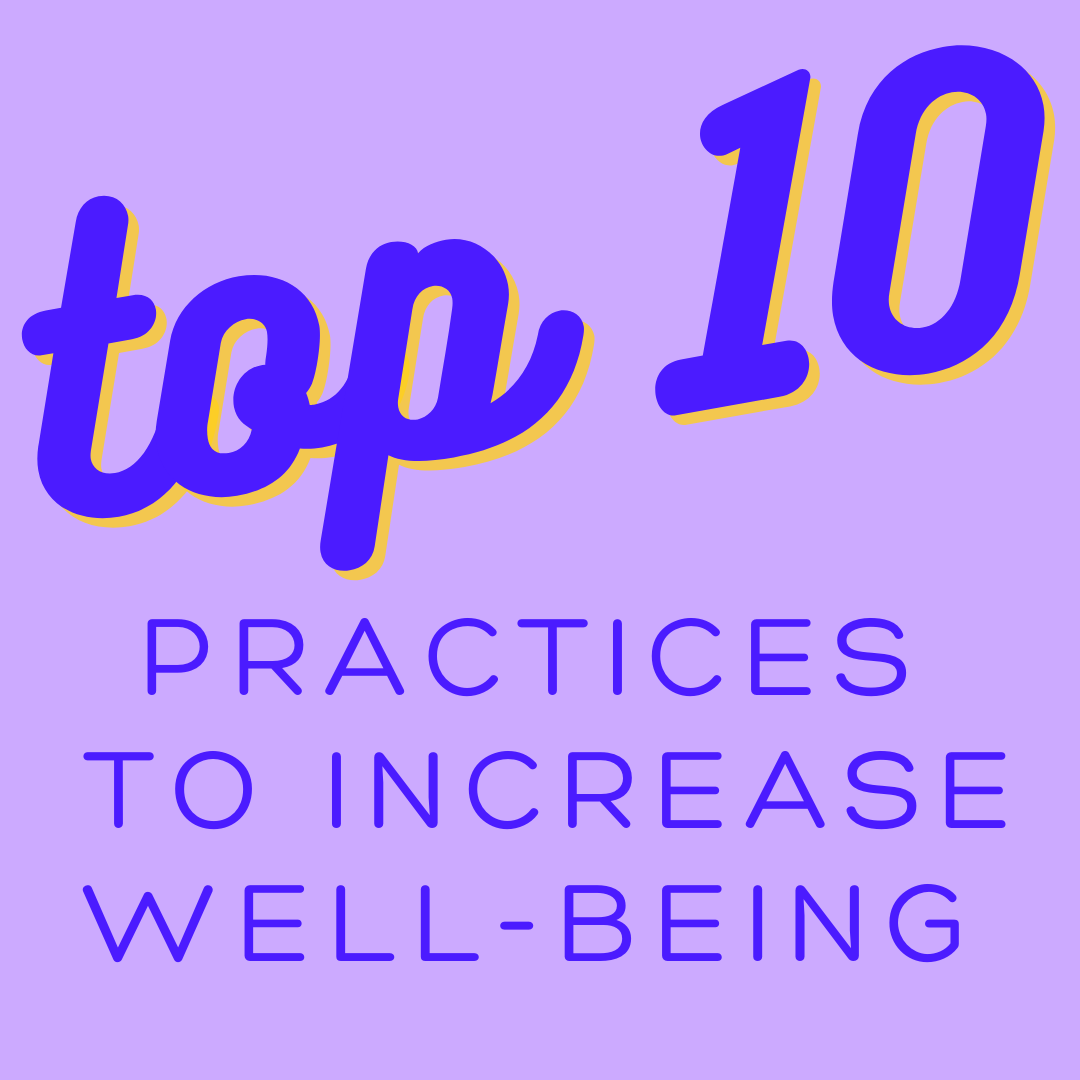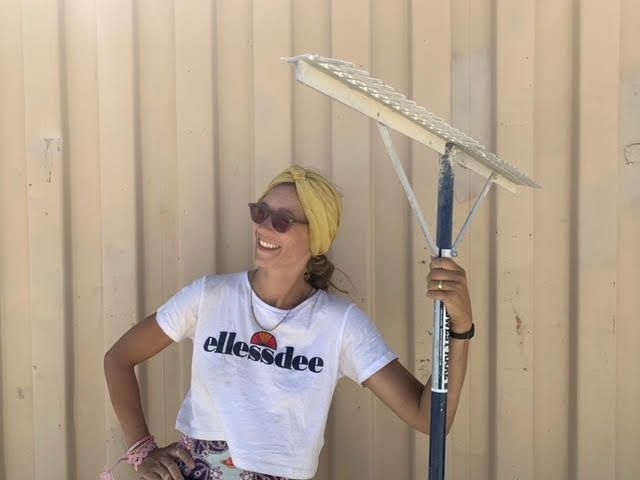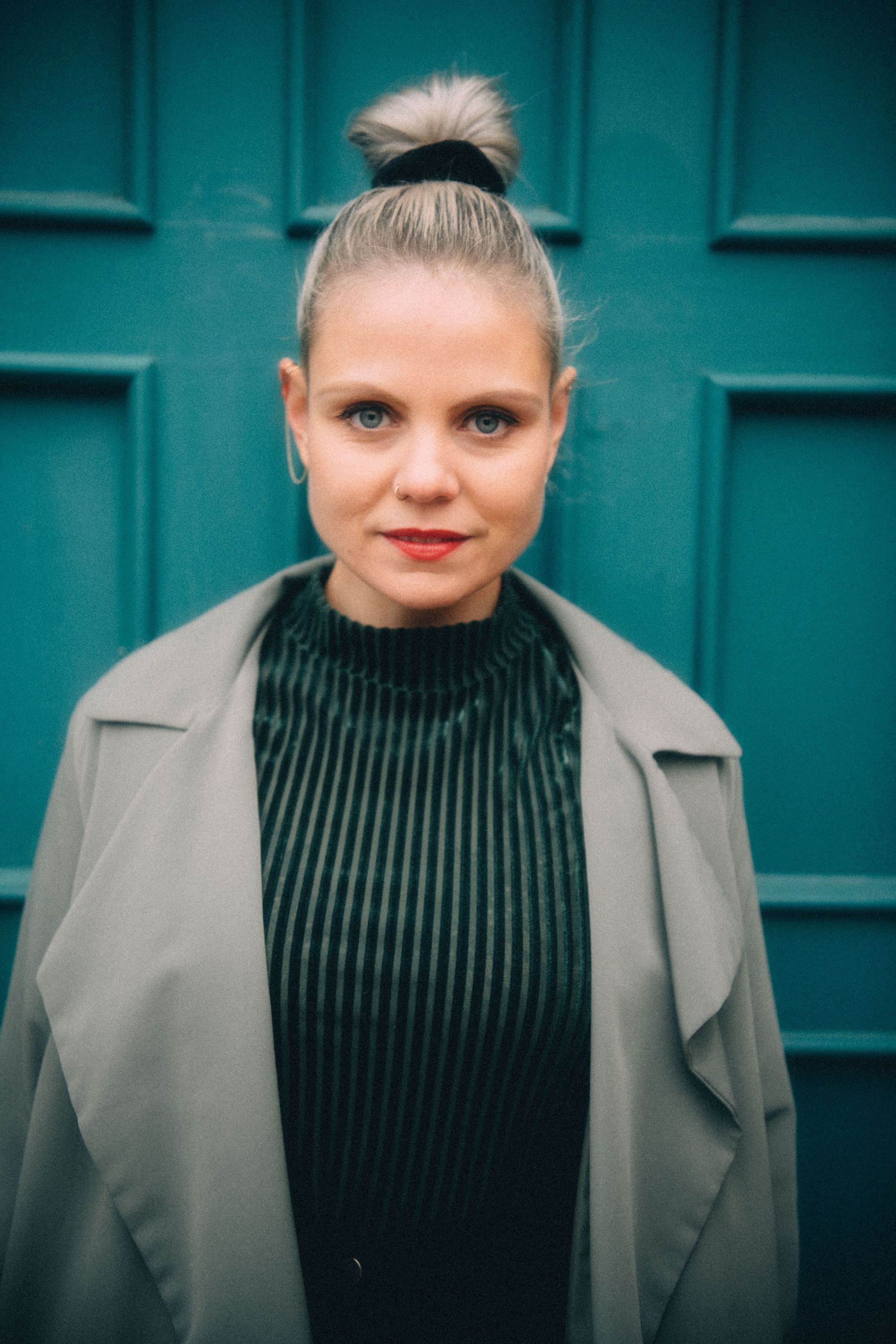I have a reputation... for being a really slow decision maker. As a teenager, my friends and family stopped going shopping with me because it just took too damn long. I would constantly be weighing the pros and cons and trying to think of all possibilities in order to make the best decision. Back then, the decisions were easier - it was about spending the small of money I had, in the best way possible for clothes. I am pleased to announce that the decisions got harder and the stakes got higher over time, but that I continued to be obsessed with the idea of making the 'right' decision.
This in-decision period is something that creates anxiety for me - that period in time between two or more choices, where the path and decision is not clear. I have a high awareness of opportunity costs which makes it harder - when I chose one thing, I am also deciding against a different possibility. The responsibility for making the 'right' decision has weighed heavily on me, from those days of shopping, to deciding a course of study at university; from deciding whether to make radical moves around the world, from taking a job, leaving a job and more. I wished there could be some process, some algorithm for reducing uncertainty and making better decisions.
(In fact, there are algorithmic ways to make life decisions - but I discovered this only quite recently : Algorithms to live by by Brian Christian & Tom Griffiths. I'll share some insights in a separate post).
Values as tools
Over time, I've discovered that there is a process to deciding - and it centres around values. Values and intention help us to live our best and most fulfilled lives. When these are being honoured and fulfilled, we will feel happy, joyful and satisfied with ourselves and our lives. We will feel like we are ‘on the right path’, that we are living with purpose and fulfilling our life's mission. These ideas - of finding my path, doing the right thing, making the right decision, have been dominant factors in shaping life. They have taken me from Osho in India, to Bikram in Los Angeles, from Vancouver to Berlin and back.
We all have values, created like our personalities by that mix of country, culture, family, experience and personal ambitions. This makes them highly personal and individual. Moreover, whether or not we are aware of them or not, they are already at work in our decision making already.
"Our values are running our lives, yet not enough of us understand what they are, their power and how we can use them. The more we know and understand them, the more clarity we have over what matters to us, and the more confidence we gain in making decisions toward that end. We need to know our values to better understand ourselves and what motivates us." - Dr Mandeep Rai, the Values Compass

Know your values, know yourself
More self awareness leads to better decision making. Until we are explicitly aware of our values, we can neither experience their full power nor be in full control of our decisions and lives. Taking the time to reflect on and explicitly define your values makes a lot of sense. In my personal life, I did this only half-consciously for a long time. That is - I relied on my instinct about what felt right, and could make some decisions faster. But I did not consciously map my full value set (which I will call 'fundamental values'), place them in any priority to one another, or ask myself if I was living to let old beliefs go, to make room for new ones.
A lot of my unconscious beliefs centred around ideas of fairness I'd been carrying around since childhood- If I do something right, I should get a reward; If this other person does something wrong. they should be face the consequences. The problem is - fairness is often arbitrary and not something within my control.
I decided to let this one go, and to reprogram my beliefs with this question ' Do I want to be right, or do I want to be happy?' Fairness got trumped by happiness, and also accountability. When I felt my reactions being triggered by feelings of 'fairness', I could stop and ask myself - "Am I being accountable to my values? Is reacting like this going to increase my happiness?"
Let's go back to the example of shopping from the start. Decisions around shopping for clothes were easily sorted out with clear values around reducing consumption, slow fashion and making more myself. I just stopped shopping. Then, it got even more dramatic, where I got the idea, that I needed to make all my clothes myself, to best show up in my role as Makerist founder and creative maker, and honour my values of creativity, sustainability and authenticity. I passed the "Celery Test" (more about this in a bit).
So this helped, but I would not say this was one of my fundamental values. These were not the big things that would shape my life.
These were questions like - I am doing the right job? Am I living to my full potential? Am I being the best mom I can be? Am I happy?
To answer these questions, I needed to explore my core, or fundamental values. Bizarrely, I had done this process for my company, in defining our team values and corporate values, but I had never taken the time to personally go through this process.
I've distilled my reading and experience to a 5 step process on establishing your fundamental values - read on here, and let me know how it works!






